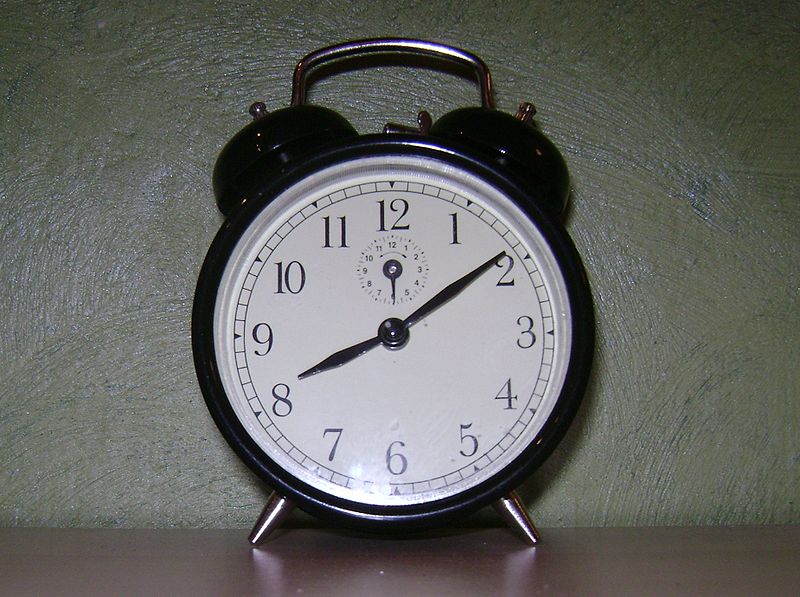|
Are you a morning person or a night owl? Did you bounce out of bed hours before dawn to greet the new year, or did you ring it in at midnight wide awake? The days have been growing longer for eleven days by now. Do you notice the difference? Me neither.
Like other animals and plants, our bodies respond to changes in the light. Human internal clocks vary by nature and nurture. Based mostly on input from eyes, a master clock in the brain signals cells throughout the body to speed up or slow down. This coordinates daily cycles of hormones, sleep, mood, body temperature, appetite, digestion, and more. If your clock runs a little faster than 24 hours, you’ll tend to wake up early. If it’s a little slower, you’ll get sleepy later. Neanderthal ancestry may play a part in making some people early risers, according to recent research. Neanderthals in Europe, where seasonal changes in daylight favored faster, more flexible circadian rhythms, interbred with Homo sapiens. Humans of European descent today have between 1 and 4 percent Neanderthal DNA. The higher your percentage, the more likely you carry genes for a faster body clock. Stay tuned next week for more on body clocks and why they matter.
2 Comments
Mary Wagner
1/2/2024 07:07:42 am
Dave has ( according to "23 and Me") Neanderthal DNA . I see many a sunrise!
Reply
1/2/2024 07:49:25 pm
Cool! So does Geoff. Does Dave know what percentage of his DNA is from Neanderthal roots?
Reply
Leave a Reply. |
AuthorI'm a historian who writes novels and literary nonfiction. My home base is Madison, Wisconsin. Archives
July 2024
|

 RSS Feed
RSS Feed